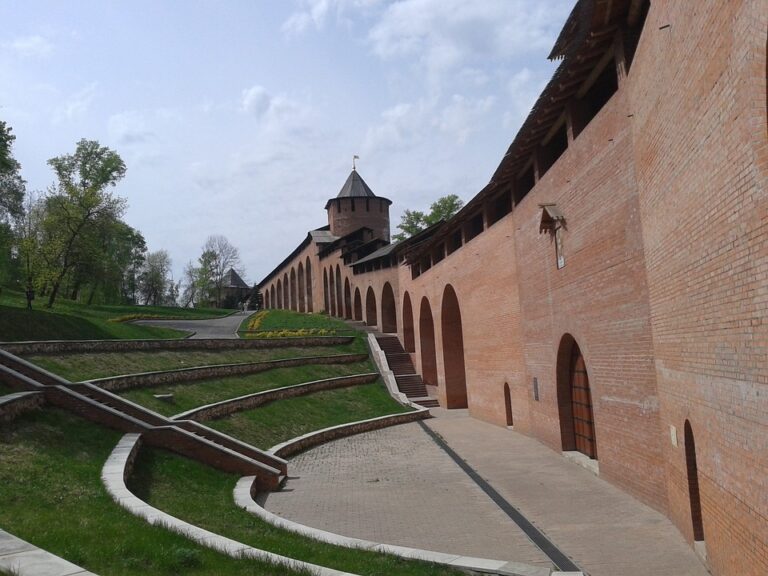Exploring the Factors Contributing to Russian Rural Resilience
Introduction
Russia is a vast country with diverse landscapes, from dense forests to expansive plains. The country’s rural areas are characterized by small villages and farms, which play a crucial role in agriculture and food production. In recent years, Russian rural communities have faced various challenges, including depopulation, economic hardships, and environmental issues. Despite these challenges, many rural communities in Russia have shown remarkable resilience and adaptability. In this article, we will explore the factors contributing to Russian rural resilience.
Economic Diversification
One of the key factors contributing to Russian rural resilience is economic diversification. Many rural communities in Russia have diversified their economies beyond traditional agriculture. They have started small businesses, such as eco-tourism, artisanal crafts, and local food production. This diversification has helped to create additional sources of income and generate employment opportunities in rural areas. By diversifying their economies, rural communities in Russia have become less dependent on volatile commodity prices, such as those of wheat and oil, which can fluctuate drastically.
Government Support
Another important factor contributing to Russian rural resilience is government support. The Russian government has implemented various policies and programs to support rural development, such as subsidies for small farmers, infrastructure development, and access to credit. These government initiatives have helped to improve the living standards of rural residents and promote sustainable development in rural areas. Additionally, the government has invested in rural education and healthcare, which has contributed to the well-being of rural communities.
Community Cohesion
Community cohesion is another factor contributing to Russian rural resilience. In many rural communities in Russia, residents have strong social ties and a sense of solidarity. They come together to support each other during times of crisis, such as natural disasters or economic downturns. This sense of community cohesion has enabled rural residents to overcome challenges and build a strong support network. Additionally, community organizations, such as local councils and non-profit groups, play a vital role in promoting social cohesion and supporting rural development initiatives.
Technological Innovation
Technological innovation is also a key factor contributing to Russian rural resilience. Advances in technology, such as precision farming techniques and digital marketing platforms, have enabled rural farmers to increase their productivity and reach new markets. In recent years, the Russian government has invested in rural broadband infrastructure, which has improved internet connectivity in rural areas and enabled farmers to access online resources and services. These technological advancements have helped to modernize rural economies and enhance their competitiveness.
Environmental Sustainability
Environmental sustainability is another important factor contributing to Russian rural resilience. Many rural communities in Russia have adopted sustainable farming practices, such as organic farming and crop rotation, to protect the environment and preserve natural resources. By implementing environmentally-friendly practices, rural farmers have been able to reduce their environmental impact and enhance the resilience of their agricultural systems. Additionally, the Russian government has introduced environmental regulations and incentives to promote sustainable land use and biodiversity conservation in rural areas.
Conclusion
In conclusion, Russian rural communities face numerous challenges, but they have demonstrated remarkable resilience and adaptability. Factors such as economic diversification, government support, community cohesion, technological innovation, and environmental sustainability have all contributed to the resilience of rural communities in Russia. By leveraging these factors and building on their strengths, rural communities in Russia can continue to thrive and prosper in the face of adversity. Through collaboration and cooperation, rural residents can work together to build a sustainable future for themselves and future generations.





